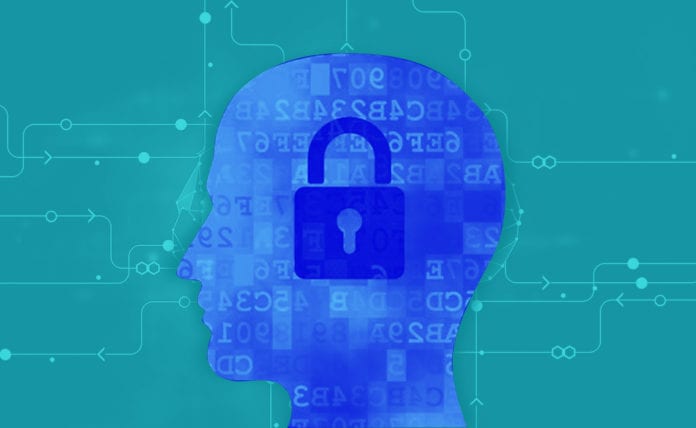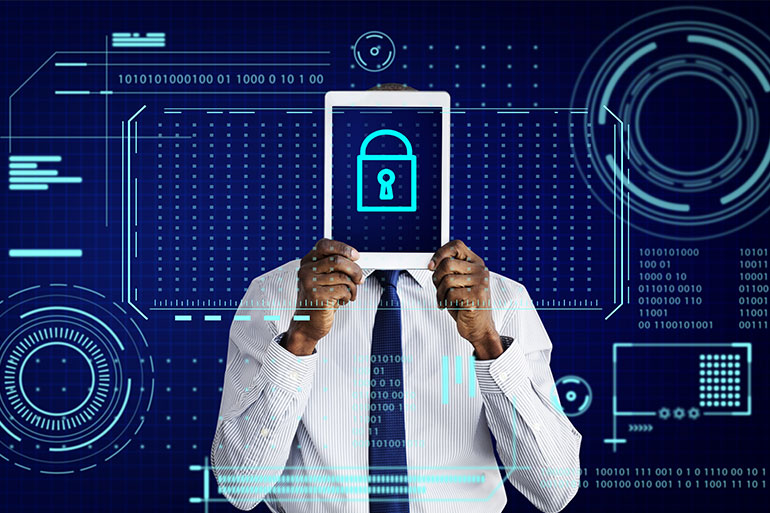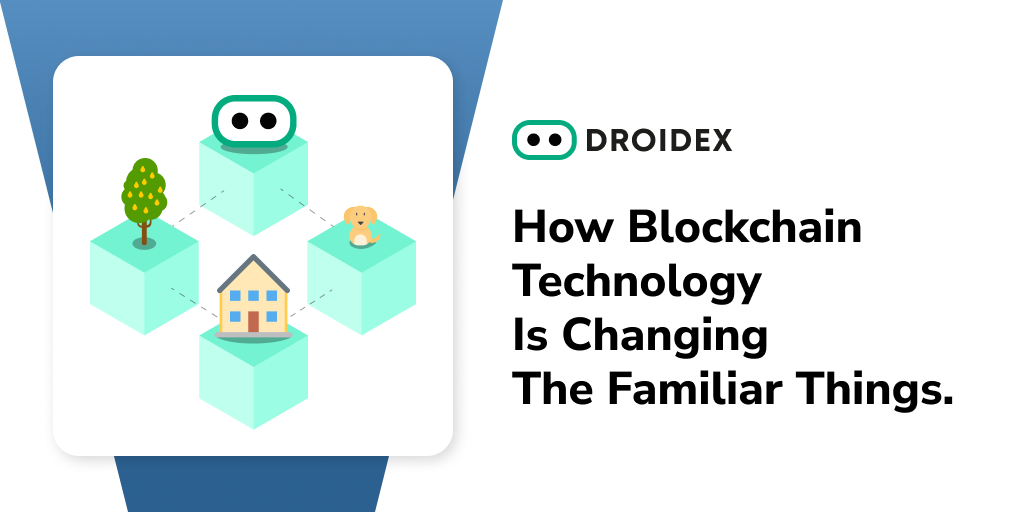Blockchain technology has emerged as a revolutionary force that is transforming various industries and reshaping the way we interact with familiar things. Initially introduced as the underlying technology behind cryptocurrencies like Bitcoin, blockchain has now extended its reach far beyond digital currencies. Its decentralized and transparent nature has made it a catalyst for innovation, disrupting traditional systems and processes. In this article, we will explore how blockchain technology is changing familiar things, revolutionizing sectors such as finance, supply chain, healthcare, and voting systems.
Transforming the Financial Landscape

The financial industry is perhaps one of the sectors experiencing the most significant impact from blockchain technology. Blockchain enables secure, peer-to-peer transactions without the need for intermediaries like banks. It eliminates the need for trust in third parties, as the ledger is distributed and verifiable by all participants. This has led to the rise of cryptocurrencies and decentralized finance (DeFi) platforms, offering new possibilities for global financial inclusion and empowering individuals to have control over their assets.
Revolutionizing Supply Chain Management
Blockchain technology is revolutionizing supply chain management by enhancing transparency and traceability. With blockchain, every step of a product’s journey can be recorded, ensuring authenticity and preventing fraud. This is particularly crucial in industries like food and pharmaceuticals, where safety and quality are paramount. Blockchain-powered supply chain platforms enable consumers to verify the origin, manufacturing process, and delivery of products, empowering them to make informed purchasing decisions.
Improving Healthcare Systems

Blockchain technology is making significant strides in improving healthcare systems. Electronic health records (EHRs) stored on a blockchain can provide secure and interoperable access to patient data. This enables healthcare providers to have a comprehensive view of a patient’s medical history, leading to more accurate diagnoses and personalized treatments. Moreover, blockchain can help streamline clinical trials, ensuring transparency and immutability in data recording, thereby enhancing the efficiency and safety of drug development processes.
Reinventing Voting Systems

Traditional voting systems often face challenges related to transparency, security, and trust. Blockchain offers a promising solution to address these issues. By implementing blockchain-based voting systems, the integrity of the electoral process can be enhanced. Each vote can be securely recorded on the blockchain, ensuring immutability and transparency. This can significantly reduce the risk of fraud or tampering, instilling trust in the democratic process and promoting citizen participation.
Enabling Smart Contracts

Smart contracts are self-executing contracts with predefined rules and conditions. Blockchain technology enables the implementation of smart contracts, eliminating the need for intermediaries in various transactions. These contracts can automate processes and ensure compliance, thereby reducing costs and increasing efficiency. For instance, in the real estate industry, blockchain-based smart contracts can simplify property transfers by automating tasks such as title verification, escrow, and payment settlements.
Enhancing Intellectual Property Rights

Intellectual property (IP) rights are crucial for innovation and creativity, but they can be challenging to protect. Blockchain technology offers a solution by creating a transparent and immutable ledger of ownership. Artists, musicians, and creators can register their work on a blockchain, establishing a permanent record of their ownership. This helps protect against plagiarism and ensures that creators receive appropriate recognition and compensation for their intellectual property.
Securing Digital Identities

Digital identity theft and fraud are growing concerns in our increasingly connected world. Blockchain technology provides a potential solution by enabling secure and decentralized digital identities. Instead of relying on centralized authorities, individuals can have control over their digital identities, granting access to specific information only when necessary. This enhances privacy and reduces the risk of identity theft, as the blockchain’s cryptographic algorithms ensure the integrity and security of personal data.
Helping Animals

Blockchain technology has also found its application in the field of pet aid and welfare. With the help of blockchain, pet owners, animal shelters, veterinarians, and other stakeholders can collaborate and ensure the well-being of animals in a more efficient and transparent manner.
One of the significant challenges in the pet aid industry is the lack of a unified and secure database for animal records. This often leads to difficulties in tracking an animal’s medical history, vaccinations, and ownership. However, by leveraging blockchain technology, a decentralized ledger can be created to store and manage these records securely. Each entry on the blockchain would be timestamped and tamper-proof, ensuring the accuracy and integrity of the information.
Moreover, blockchain can facilitate seamless coordination among different parties involved in pet aid. For example, in case of a lost or abandoned pet, blockchain-based platforms can enable immediate alerts to be sent to relevant shelters and veterinary clinics. This helps in quickly locating and reuniting the pet with its owner or finding a suitable home for the animal.
PAWTOCOL, for example. Pawtocol is a global online community of pet lovers who aim to disrupt the pet industry by leveraging blockchain technology to monetize data about their pets, improve owners’ purchasing experience, and help veterinarians to deliver better care.
You can swap to UPI on droidex.
Blockchain in Real Estate
Blockchain technology has the potential to transform the real estate industry by revolutionizing the way properties are bought, sold, and managed. By leveraging blockchain, real estate transactions can become more secure, transparent, and efficient.
One of the main challenges in real estate transactions is the complex and time-consuming process of transferring property ownership. Blockchain can simplify this process by enabling the use of smart contracts. Smart contracts are self-executing agreements that automatically enforce the terms and conditions of a transaction once predefined criteria are met. This eliminates the need for intermediaries and reduces the risk of fraud or disputes.
Conclusion
Blockchain technology is a transformative force that is reshaping the way we interact with familiar things. It is revolutionizing finance by enabling peer-to-peer transactions and decentralized financial systems. In supply chain management, blockchain enhances transparency and traceability, ensuring the authenticity and safety of products. In healthcare, blockchain improves data interoperability and streamlines clinical trials, leading to more accurate diagnoses and personalized treatments. Additionally, blockchain technology is reimagining voting systems, smart contracts, intellectual property rights, and digital identities. As blockchain continues to evolve, its potential to disrupt and revolutionize various industries is vast, offering new possibilities for efficiency, transparency, and trust in our familiar world.


